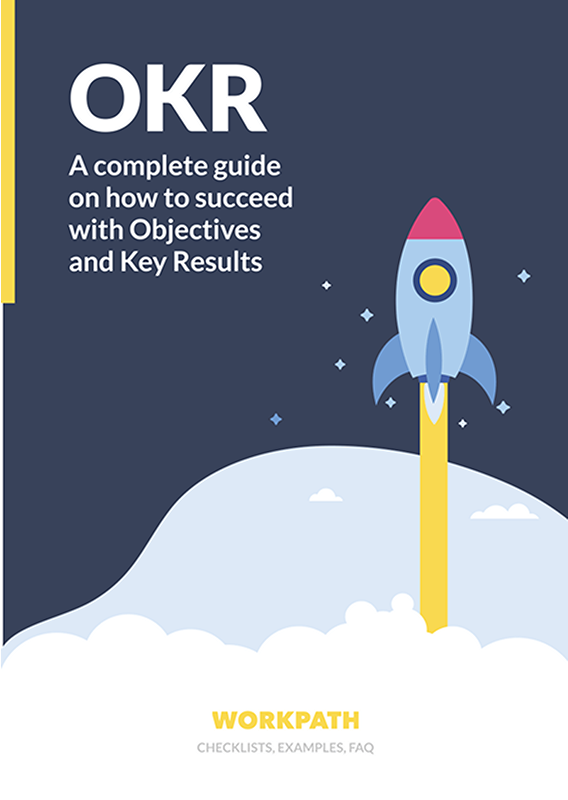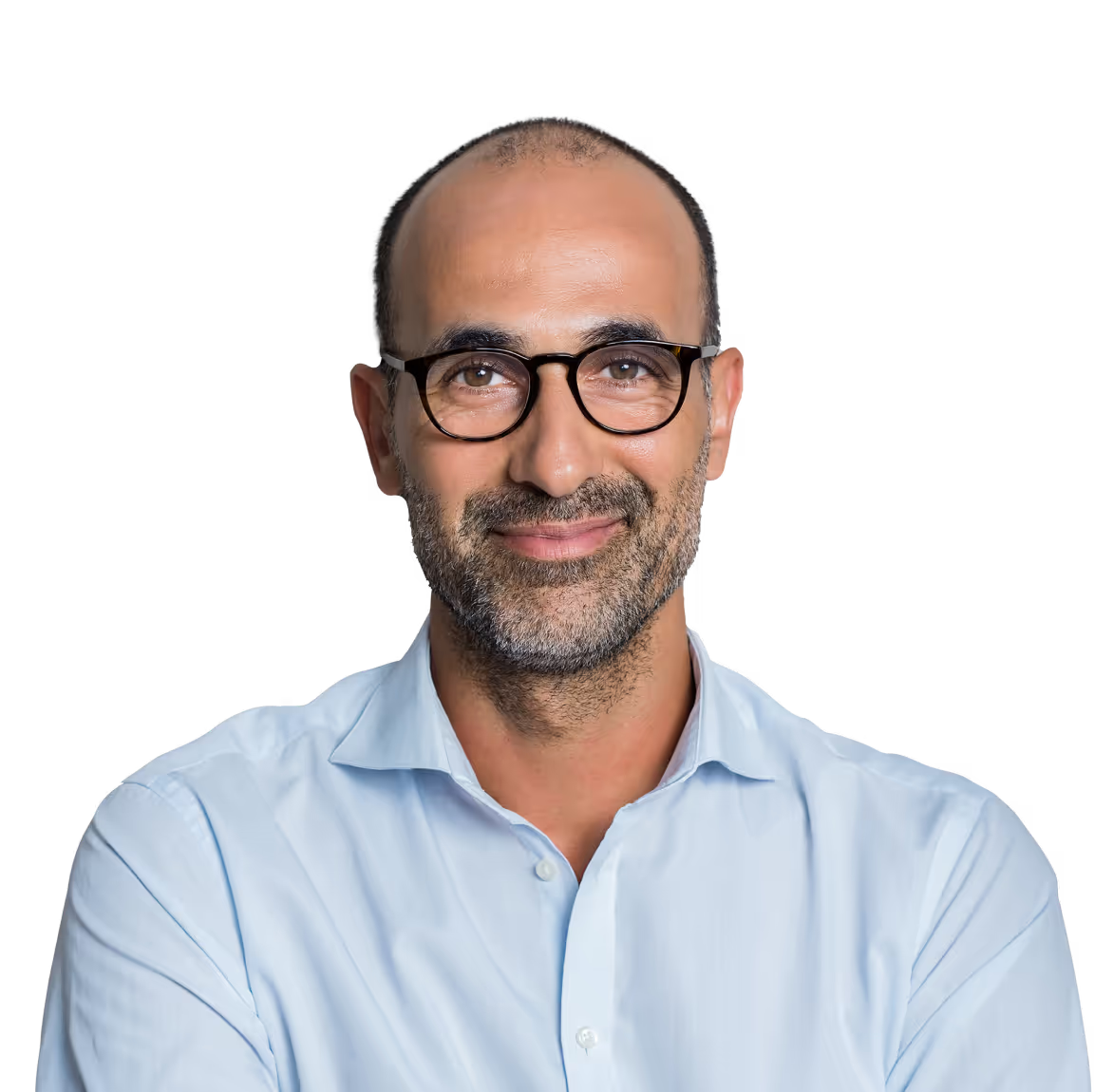In 2015, MyMuesli was at a point where transparency and alignment between their departments became increasingly important for the further growth of the company. Executing a proven business model while sustaining an innovative and agile culture increasingly challenged the organization.
In order to avoid the rise of isolated silos, operational blindness and intransparency, the founders decided to implement the OKR framework as their new management and communication system. The goal was to increase transparency and foster efficient and result-oriented conversations while creating a holistic understanding of the company’s goals and their relevance for each employee.
Implementing OKRs with more than 600 employees
The management team initially started to implement the OKR process along the common guidelines. Objectives and Key Results were defined precisely according to the framework’s criteria. Over the first few cycles, the teams adapted the framework to their culture and processes, experimenting with the right amount of OKRs per unit, wording, and meeting frequency in order to increase efficiency and employee adoption. What proved to be crucial core elements to guarantee a functioning communication about OKRs were measurability, accuracy and a clear focus on customer value.Another aspect that was important for the organization was to have an external partner to lead through the implementation and onboarding process. Marco Alberti from Murakamy (a Workpath Partner) helped to manage expectations properly and demonstrated the relevance of OKRs for each of the departments. From there, most employees soon appreciated the new advantages OKRs brought along: understanding dependencies and priorities, engaging in the goal setting process, and recognition of their own value for the company’s success.
The OKR cycle: MyMuesli’s operational goal setting process
MyMuesli’s process follows three clearly defined steps per quarter, with all team leads and top level management participating in an initial two-day workshop.
1. The first meeting is primarily used to evaluate the last quarter and the degree to which Objectives have been achieved. First, on a company level, then on a team level, the management team analyzes the reasons why some of the goals have not been achieved in order to derive and document their learnings from that. Simultaneously, successful teams and their Objectives are being recognized.
2. The following sessions focus on the next quarter and on prioritizing its Objectives. It starts with the founders to present their perspective on the company’s priorities for the following quarter. Their drafts have been shared before internally and are open for feedback and discussion.Based on these company-level drafts, the teams have also drafted their team OKRs already. Hence, the following session is an intense negotiation of resources and priorities among all units. However, the central documentation of all OKR drafts before allows an efficient and well-run discussion that focuses on solving dependencies and frictions. In this context the OKR frameworks helps to identify conflicting interests early and to have a structured process that focuses on joint efforts and contributions to the overall success of the company. After this initial workshop, the results of the planning sessions are being brought back into the teams in order to finalize all OKRs within the team members.
3. The final event before a new cycle starts is the OKR Kickoff. Employees are invited to join the presentation of all new OKR sets. The structured conversations before allow MyMuesli to have a strong atmosphere of clarity and consensus regarding their shared priorities for the next months. A festive character with food and drinks makes this event a part of the company culture and emphasize the values and relevance of Objectives and Key Results as the central communication, planning and operating system.

OKRs as part of MyMuesli’s daily working routine
Besides the quarterly OKR review and planning sessions, each unit at MyMuesli conducts regular Jour Fixes (usually weekly) on a team and on an individual level between team leads and the employees. These conversations serve to prioritize and plan the particular tasks and actions contributing to current OKRs. They are also used to reflect on progress and discuss challenges and important learnings. Through that, teams identify earlier if they are struggling to focus on strategic goals and learn faster how to adapt.
Structuring conversations and feedbacks around OKRs also helps team leads to focus on coaching and team development. Instead of micromanagement on a task-level, they concentrate on how to enable goal achievement by creating the right environment. Organizing weekly team meetings around the status of OKRs further helps to emphasize the relevance of an transparent, result-oriented and data-driven working style and leverages the social dynamic of the team. As all team members are talking about OKRs in these meetings, employee engagement and commitment rise while a frequent and documented updating of progress is ensured.
Lessons learned: MyMuesli’s tips for OKR beginners

- Do not start too late: If you are a growing company, it is better to start earlier than later as it takes time to fully onboard all departments and get into a well-run process with effective alignment across the entire organization.
- Manage expectations: Stay committed to the OKR implementation and communicate that it usually takes 3-5 cycles until the process becomes a habit and is fully adopted.
- Assure management buy-in: Strong support from top management is a necessary requirement to implement OKRs successfully. A lack of understanding and support by the leadership team is the number one reason OKR implementations fail.
- Leverage outside experience: Consulting by a partner and an exchange with other practitioners will help applying best practices and winning buy-in from the organization.
- Develop internal OKR expertise: OKR experts can help setting effective goals, but also keeping up employee engagement and process discipline.





